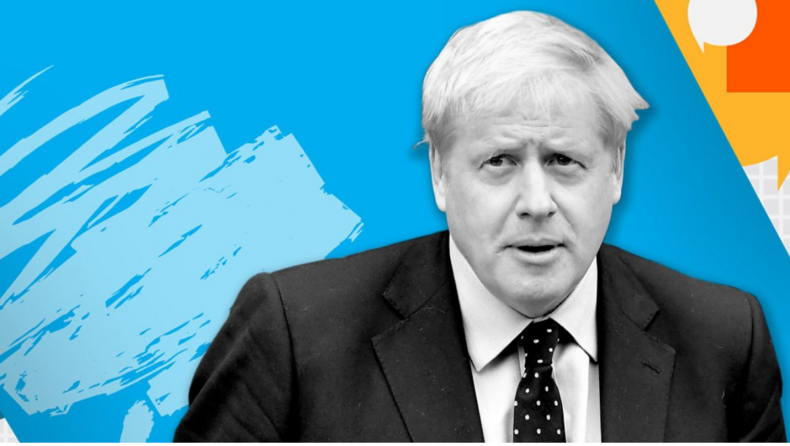
After by-election losses prompted calls for reform, Boris Johnson declared that he would not undergo a “psychological change.”
The PM is reacting to Oliver Dowden, who said that “business as usual” could not continue. Mr. Johnson stated on BBC Radio 4’s Today program that he accepts criticism “humbly and truly.”
The difference between “criticism that actually matters and criticism that doesn’t,” he added, must also be made.
The Prime Minister was subjected to months of criticism over parties held in Downing Street during lockdown, as well as rising inflation. Also a narrower-than-expected victory in a confidence vote from his own MPs. Moreover, This culminated in the by-election losses in Wakefield, Tiverton, and Honiton on Friday.
During his remarks at the Commonwealth heads of government summit in Rwanda, Mr. Johnson emphasized over and over again that policies are more significant than any claims regarding his behavior.
Voters, according to Mr. Johnson, are “tired of hearing discourse about me”. They preferred to pay attention to issues such as the cost of living, the state of the economy, and “standing up to violence and aggression” in Ukraine.
People who worked closely with PM Johnson have criticized him
Presenter Mishal Husain questioned the PM, saying that a lot of the criticism is directed at him personally. It came from those who had worked with him.
Among them were his senior policy advisor, Munira Murza, who criticized Mr. Johnson’s “scurrilous accusation” about Jimmy Savile and Sir Keir Starmer.
Former minister Jesse Norman, who said the PM “presided over a culture of casual law-breaking,” and ethical advisor, Lord Geidt.
According to Mr. Johnson, a leader must make a distinction between criticism that is valid and that which is not.
Morality had a role in leadership
Whether he had to leave Ukraine because it became too tough or the prices were too high, he responded when asked if there was any principle, he would think about quitting over. Naturally, he continued, morality have a component of leadership.
However, Mr. Johnson questioned about why he had not resigned in the wake of deceiving the House of Commons, violating the law in relation to the COVID fine. Also for losing the support of 41% of his MPs in the confidence vote.
He responded by saying that if it’s feasible, let’s take a happier approach to this. “Actually, what’s occurred is that my colleagues have given me a fresh mission, and I’ll keep on delivering.”
A query regarding the UK’s senior civil servant, Simon Case, having a casual talk about career chances for his wife, Carrie. It is not addressed by the prime minister.
The Prime Minister declined to respond to claims that he had designed a $150,000 treehouse at Chequers for his son.
The “humane policy”
Two Conservative MPs who have criticized the prime minister’s record have said they would seek election to the committee that oversees the party’s leadership competitions. With one of them, indicating he would be in favour of modifying the rules to enable a second confidence vote.
People frequently want to “send a message” to the government in by-elections, according to Foreign Secretary Liz Truss. She is in Rwanda with the Prime Minister for the Commonwealth leaders conference. Lizz Truss also noted that setbacks are not always indicative of general election failure.
She stated, “I don’t think it will be the predictor of the next general election.” It hasn’t been a predictor in the past.
When asked by the BBC how many fewer small boat crossings of the English Channel were necessary, he responded, “I’m not going to give you a figure.”
The “humane policy,” he claimed, aimed to “destroy the economic model of those who unlawfully exploit and defraud individuals travelling over the Channel in unseaworthy vessels.”













